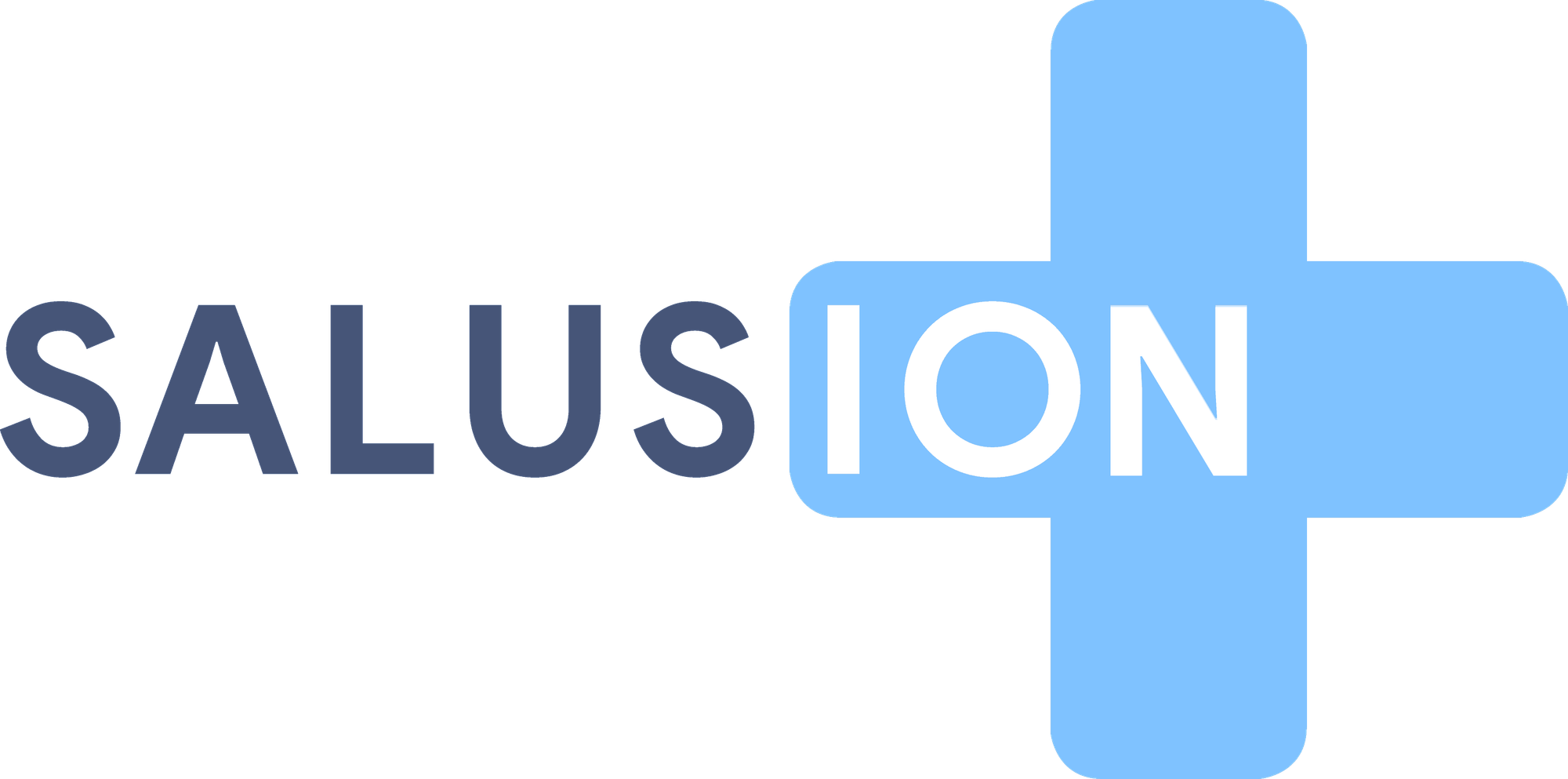An eligible expense for an ICHRA must meet three key criteria to qualify for reimbursement:
When
Expenses must generally be incurred during the ICHRA plan year to qualify for reimbursement. However, under the Administrative Convenience Rule, premiums for health insurance coverage beginning during the plan year may be reimbursed—even if paid before the plan year starts.
Employers may define when a premium expense is considered incurred using one of the following methods:
- The first day of each month of coverage on a pro-rata basis.
- The first day of the period of coverage.
- The date the premium is paid.
This flexibility ensures that employees can be reimbursed for substantiated premiums tied to coverage during the plan year, simplifying administration and aligning with IRS guidelines.
Who
The expense must be incurred by one of the following eligible individuals:
- The employee.
- The employee’s spouse.
- The employee’s child (26 years old or under).
- The employee’s tax dependent.
What
ICHRAs cover expenses defined under IRS Section 213(d), but employers have flexibility to decide which of these expenses are eligible for reimbursement.
Section 213(d) Expenses
The IRS defines medical expenses under Section 213(d) as amounts paid for:
- Health insurance premiums (e.g., individual ACA-compliant plans, Medicare Parts A, B, C, and D).
- The diagnosis, cure, mitigation, treatment, or prevention of disease, or expenses for affecting any structure or function of the body.
- Transportation for medical care, including mileage, bus fares, taxis, and ambulance services.
The definition of medical expenses under Section 213(d) is intentionally broad. In practical terms, they include:
- Out-of-pocket medical expenses (e.g., deductibles, copays, coinsurance).
- Prescription medications.
- Over-the-counter medicines (e.g., cold and flu remedies and menstrual care products).
Certain expenses are specifically excluded:
- Cosmetic procedures (e.g., elective surgeries).
- General health and wellness products (e.g., vitamins, supplements, and non-prescribed items).
Employer Flexibility
Employers can customize their ICHRA to include only the categories of expenses they want to cover, tailoring the plan to their budget and employees’ needs.
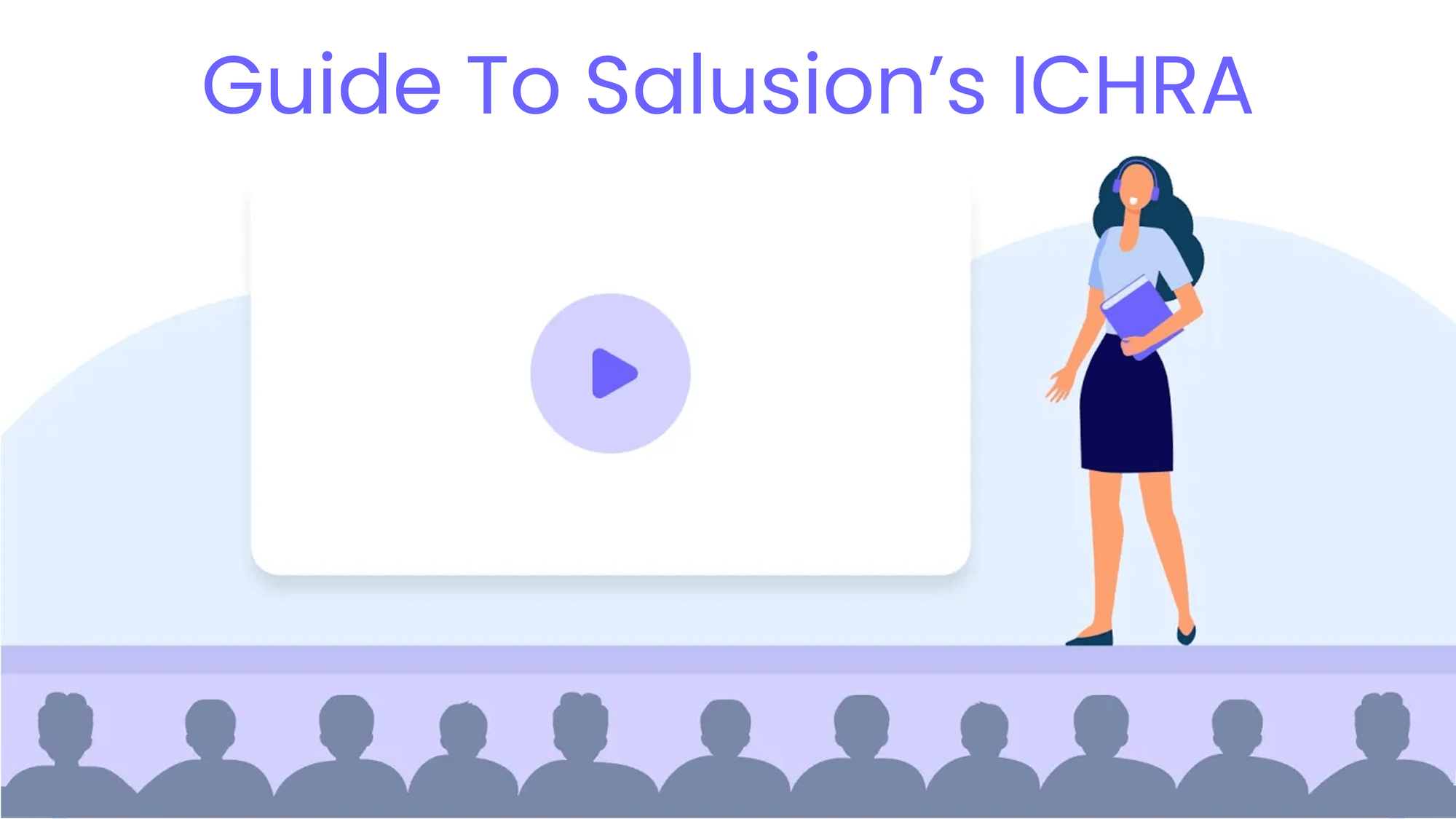
subtopic

subtopic

subtopic
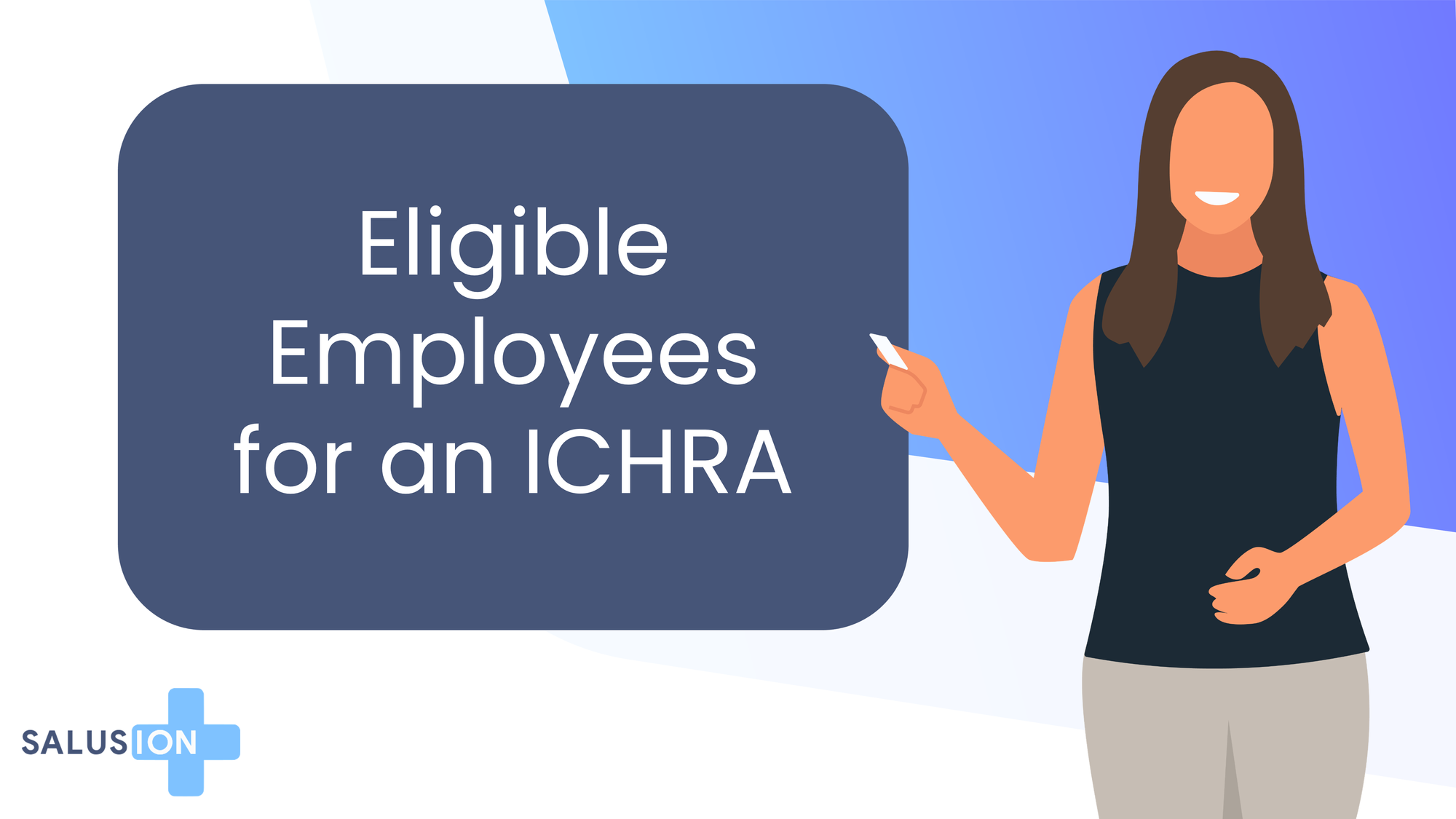
subtopic
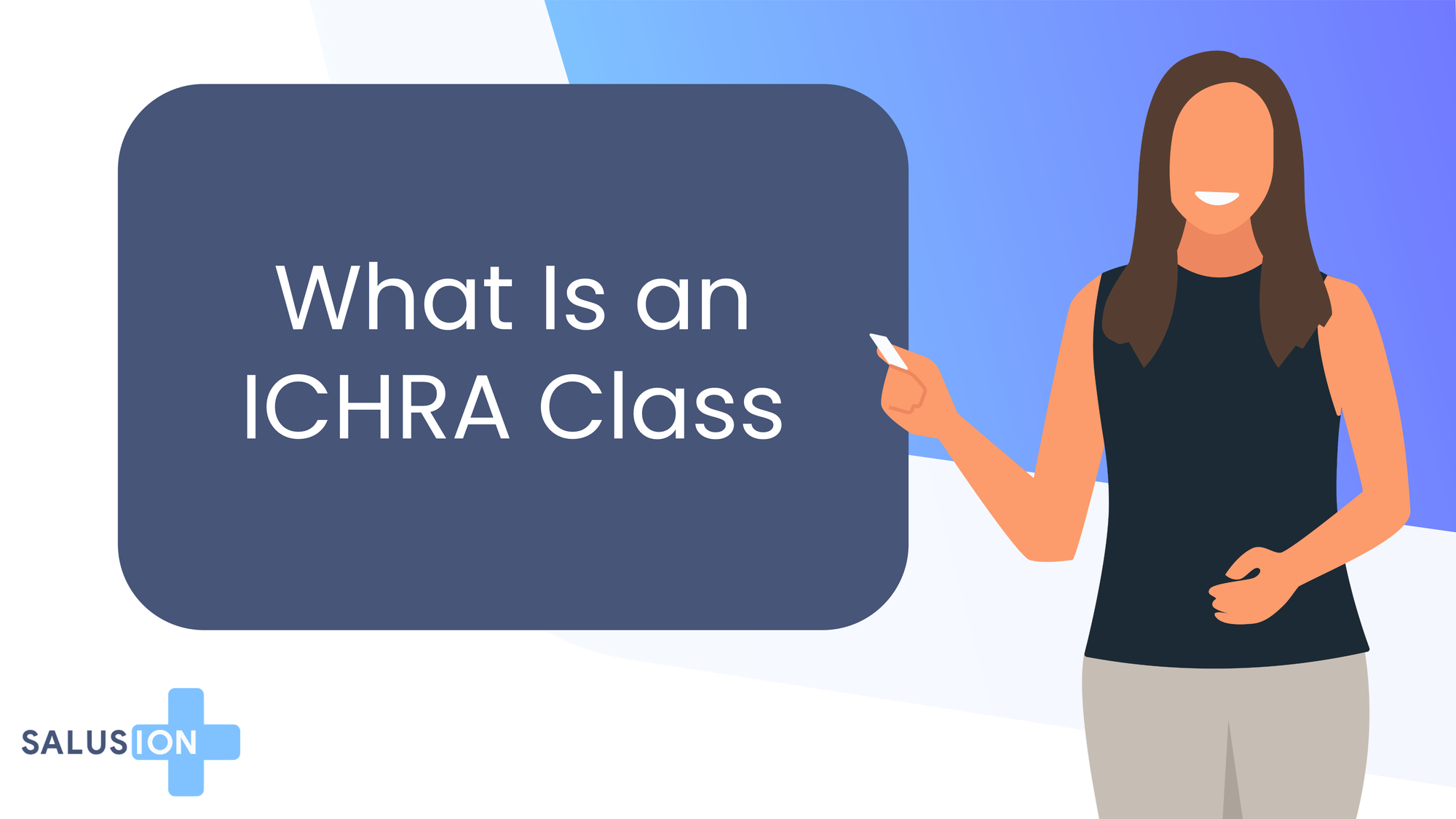
subtopic
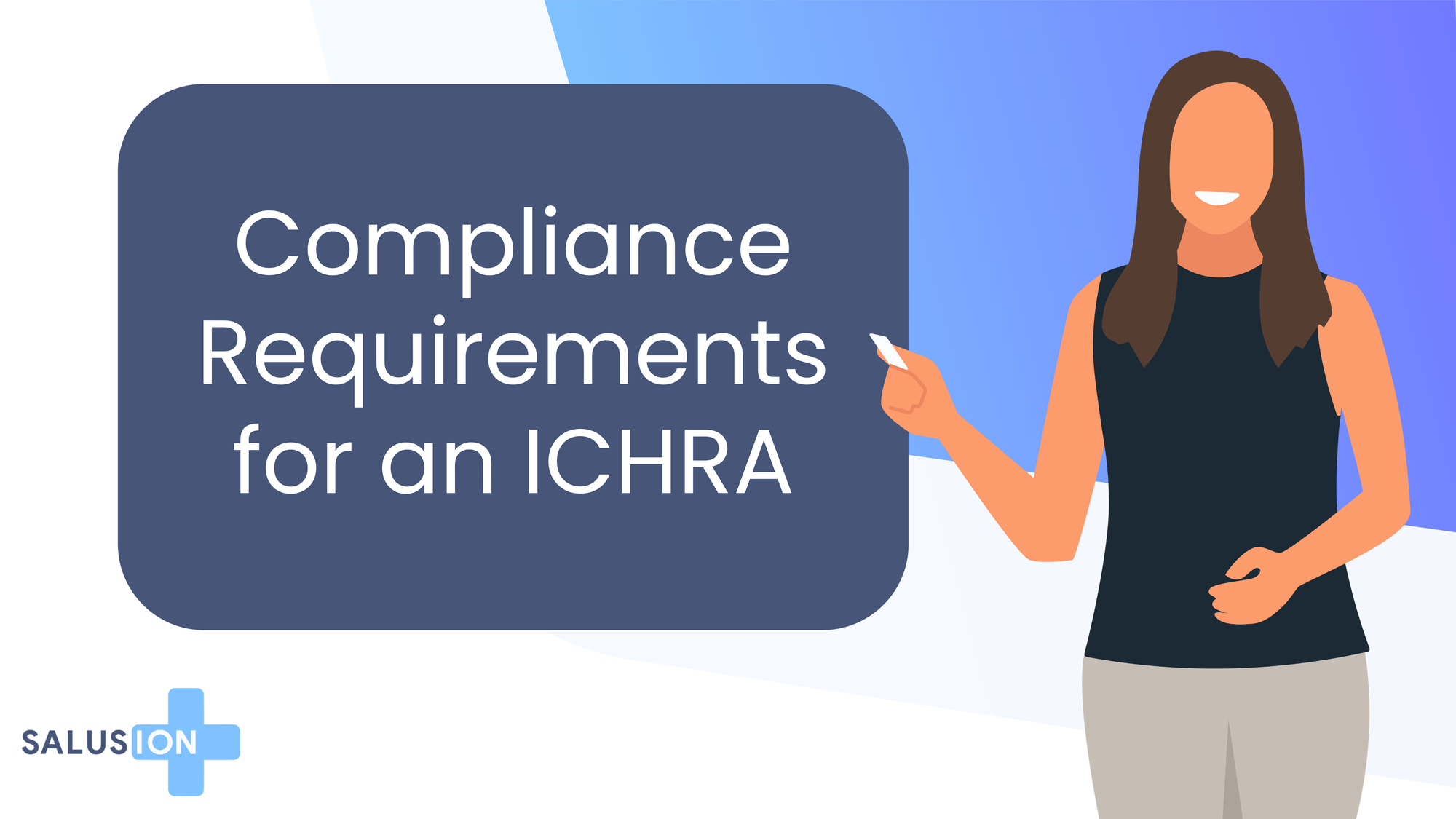
subtopic
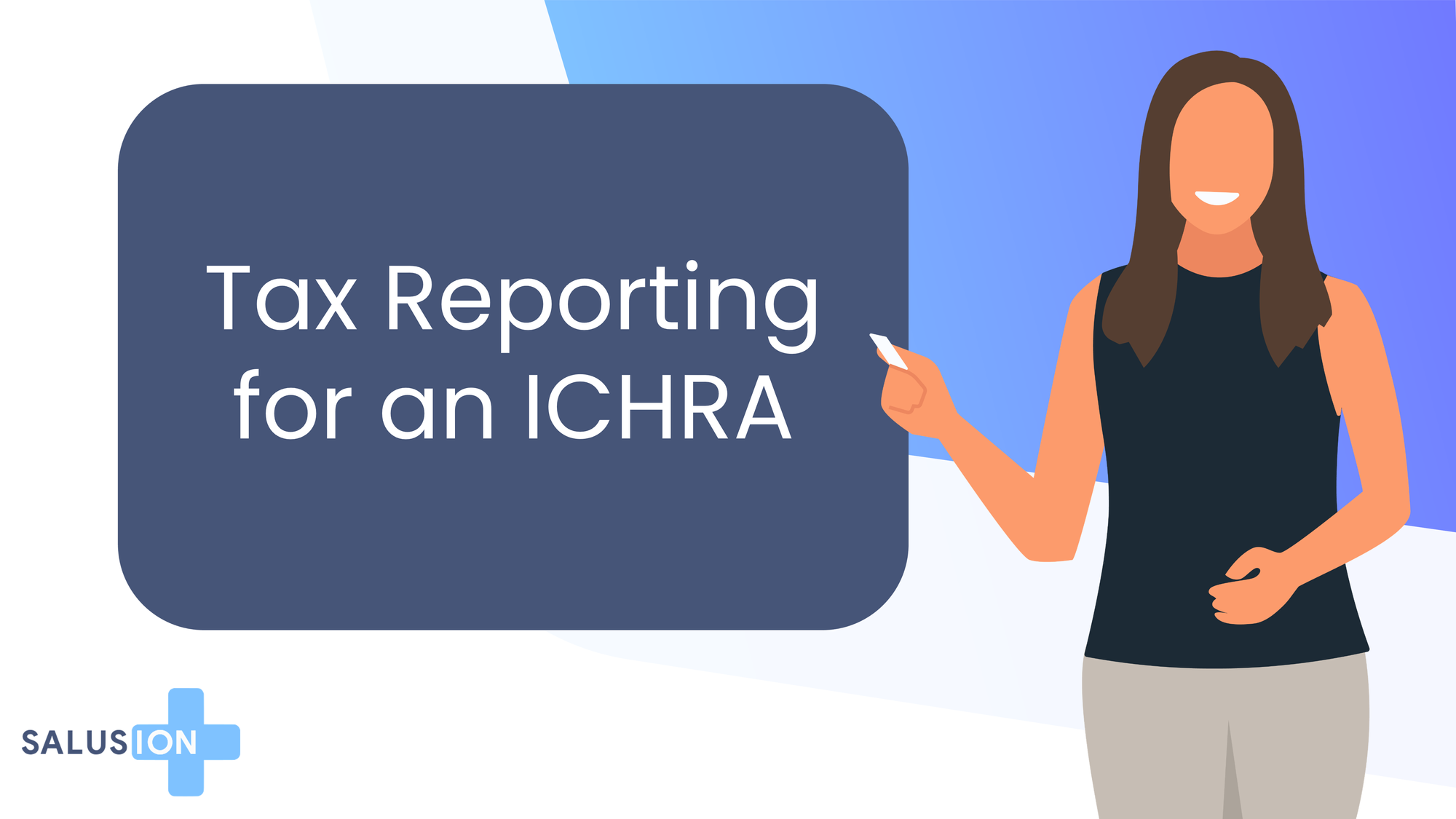
subtopic
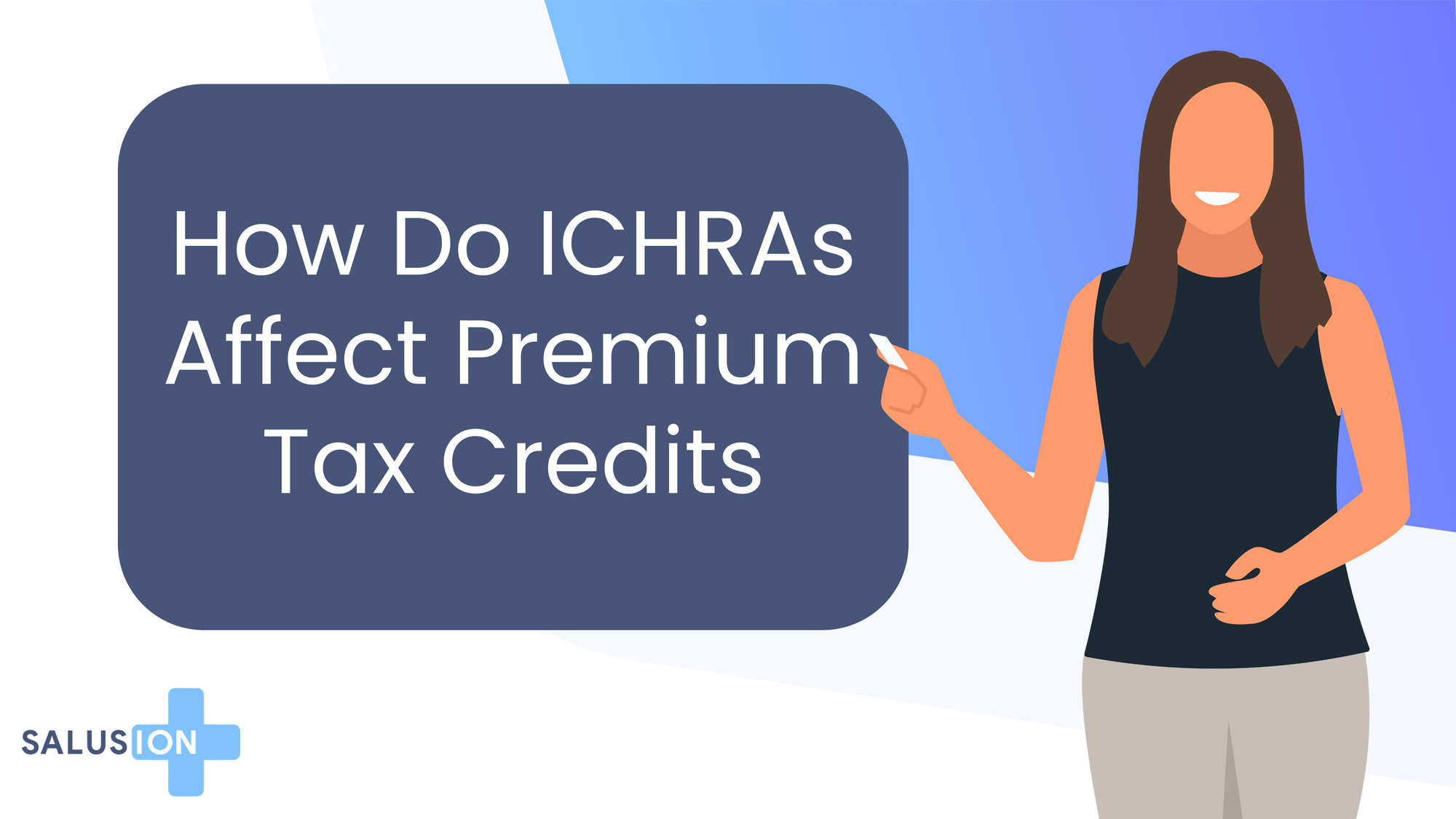
subtopic
